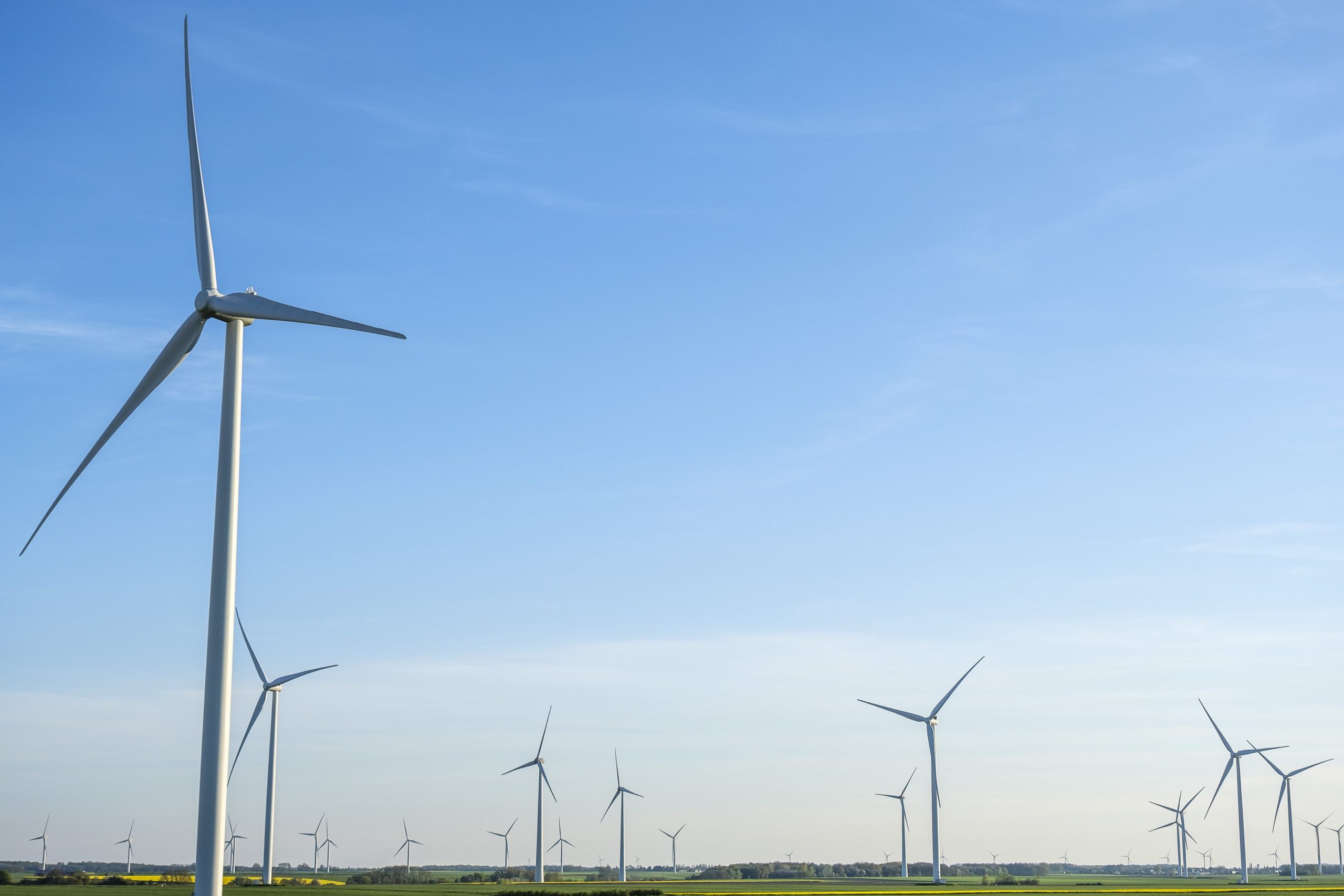
EU Commission to boost struggling wind power sector

Last year, major European wind turbine manufacturers recorded significant operating losses /belpress
On Tuesday, the European Commission presented new measures to boost the European wind power industry to achieve the European Union's targets


Comments
Ready to join the conversation?
You must be an active subscriber to leave a comment.
Subscribe Today